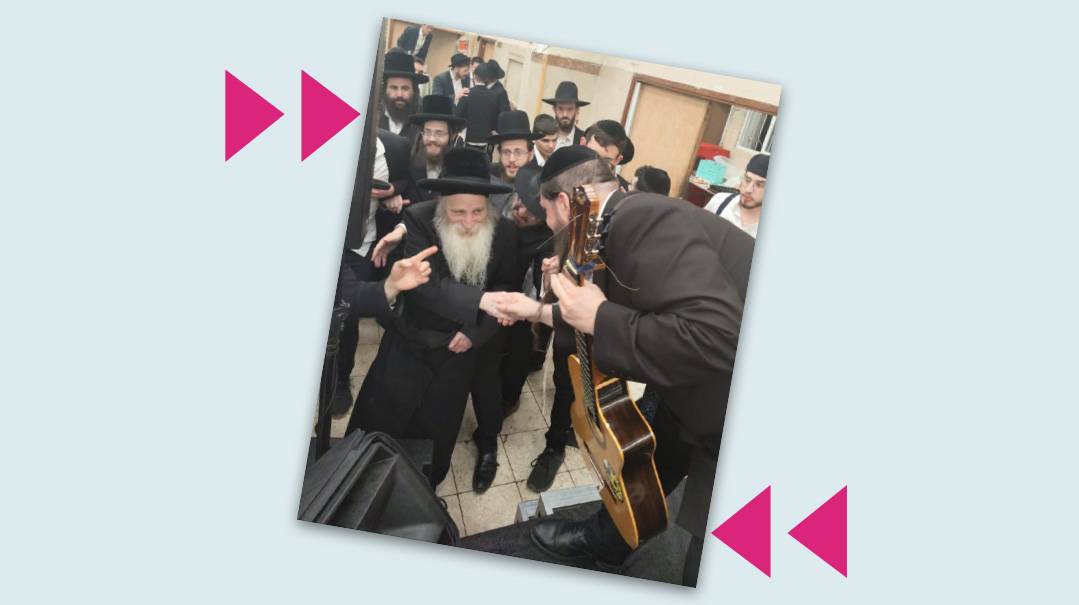Blasts of Warmth
| January 15, 2019It’s the thick of winter, but the wedding must go on. Rain, snow, or freezing temperatures are no reason to cancel an event, but when the chuppah’s being held in frigid temperatures, how do you keep the music warm and heartfelt when your teeth are chattering from the cold?
Yo Aisenstark: Shearim Orchestra
It gets super cold in Montreal, but I guess all of us are used to it, because for some reason, none of the local halls have an indoor chuppah room and chuppahs always take place outside.
In the early days, I would set up our band outside for the chuppah. All the guests would put on their fur coats and freeze for 20 minutes. But one memorable chuppah took place in around zero degrees Fahrenheit weather. I had set up the speakers outside, but when I tried playing the first song, it was so cold that after one minute, I couldn’t feel my fingers. I ran inside to warm them under warm water in time to try to finish the second song. They were so numb, I thought I actually had frostbite.
From then on, I realized I needed a better solution. So now I actually have two setups. I set up one speaker outside for the brave souls who go outside for the chuppah, and another speaker inside. The halls now set up some chairs inside as well, and I play from inside the building. The chuppah has its music, I have my fingers, and everyone’s happy.
Avrumi Berko
Everyone knows that chuppahs are an auspicious time to daven, but when it’s an outdoor chuppah in the winter, I’m usually davening that the kallah circles the chassan as quickly as possible! Kidding aside, even though it’s hard to play in freezing weather, I make an effort to perform to my utmost since I know that for the couple, this is the most important moment of their holiest day.
Yisroel Lamm: Aaron Teitelbaum Productions
Outdoor chuppahs come with two potential problems: moisture from rain, and damage from extreme temperatures. Rain will destroy string instruments, woodwinds and electronic instruments. But water doesn’t affect brass instruments — in fact, the rain might provide a needed washing! — so brass players have it the easiest. They’ll just put on rain gear and go out and play.
Extreme cold or heat is also a problem. Though there is little chance of damage to electronics, extreme temperatures make it difficult to play in tune. That’s why marching bands sometimes sound sour, even when they’re playing every note correctly. Extreme temperatures can also break string instruments, which are more fragile and sensitive. So whenever we need to set up string instruments for an outdoor chuppah in cold temperatures, we try to station portable heaters nearby.
Shloime Dachs
Mostly we try to be inside — it’s not easy to sing all bundled up! But we do have clients —generally chassidim — who insist on an outdoor chuppah even in really bad conditions. And we do our best to accommodate. I still remember one wedding in Chicago, when it was ten degrees Fahrenheit, and we had to play outside — we wore winter coats and scarves and played our hearts out.
(Originally featured in Mishpacha, Issue 744)
Oops! We could not locate your form.












